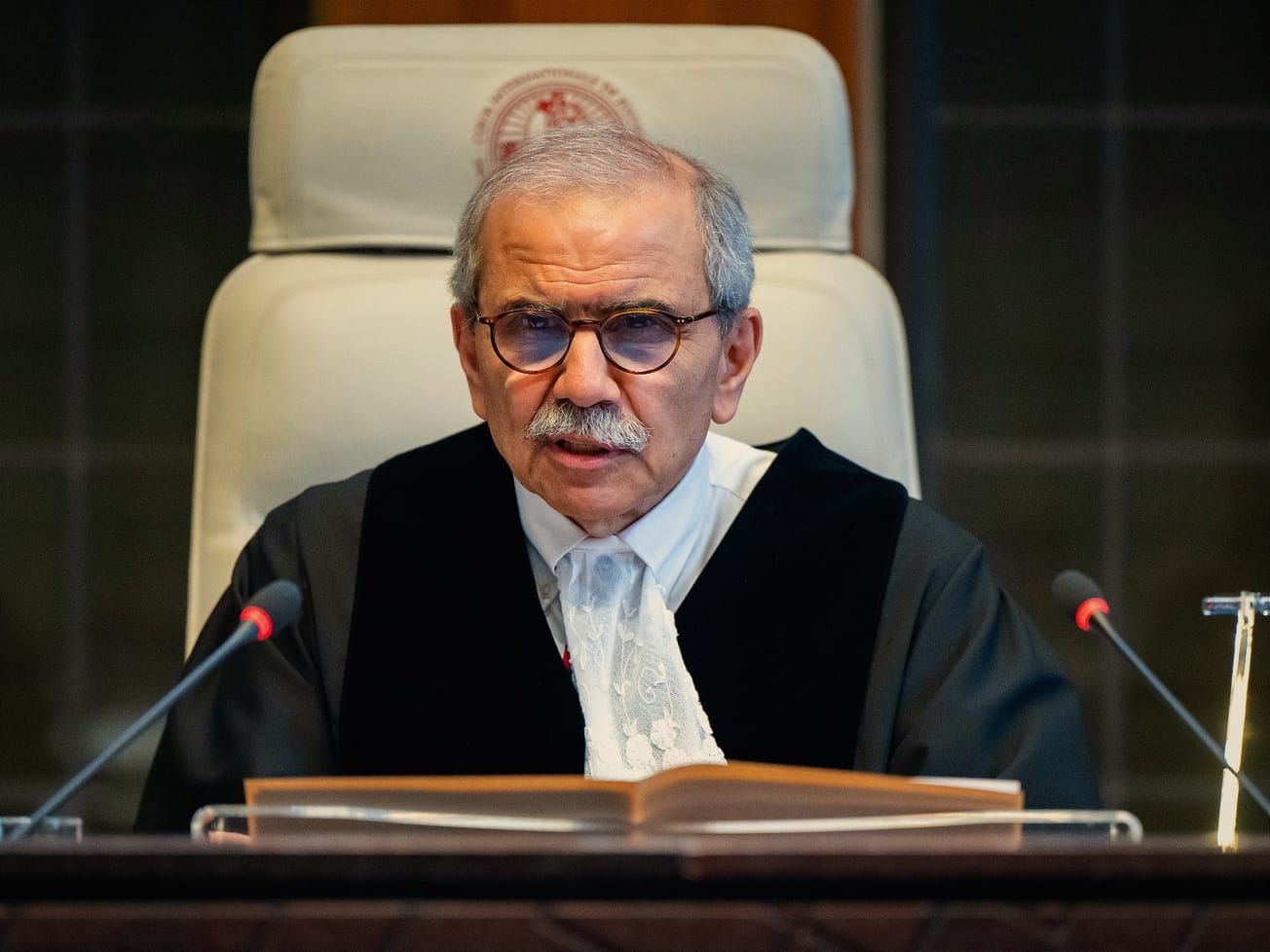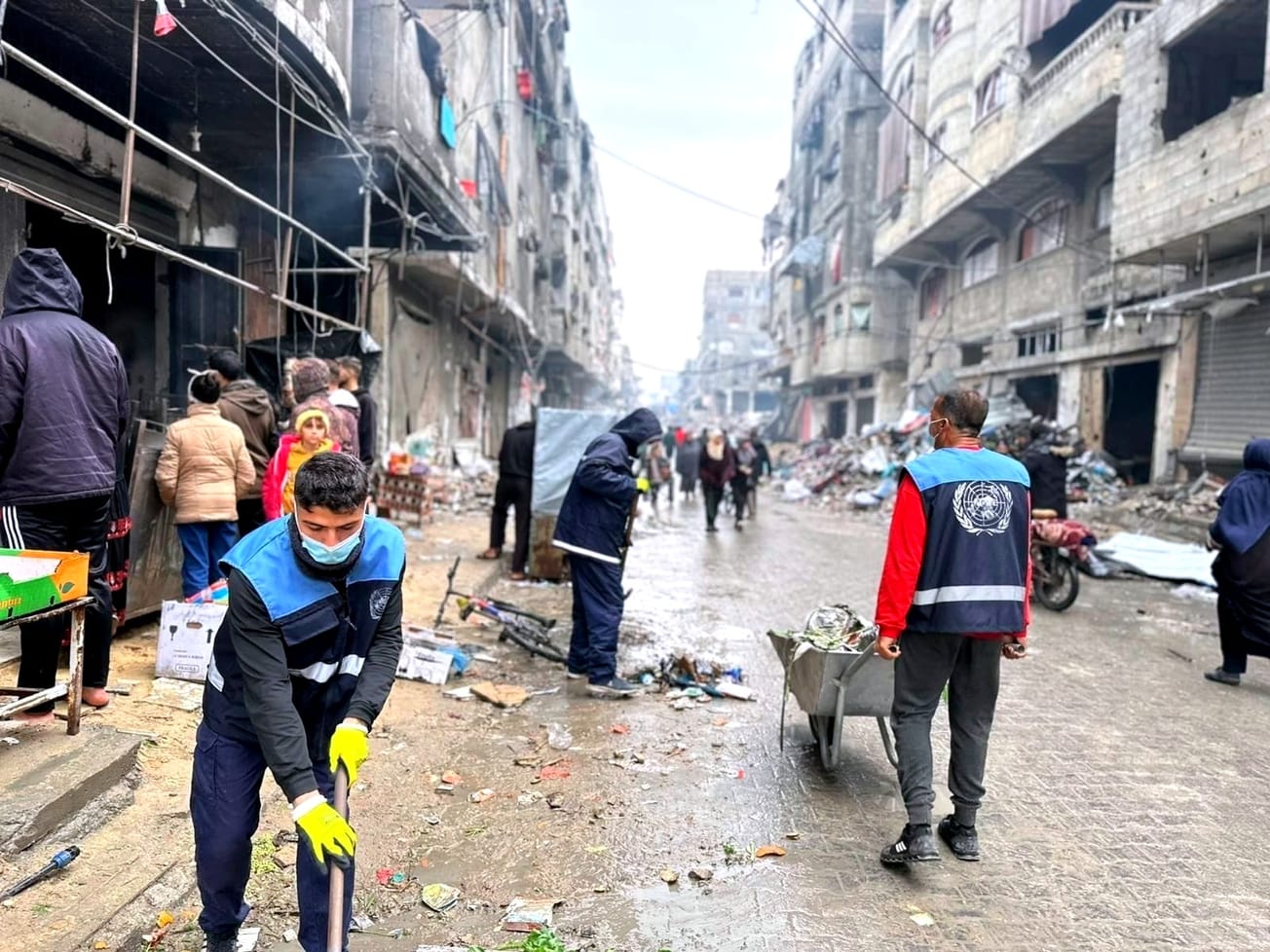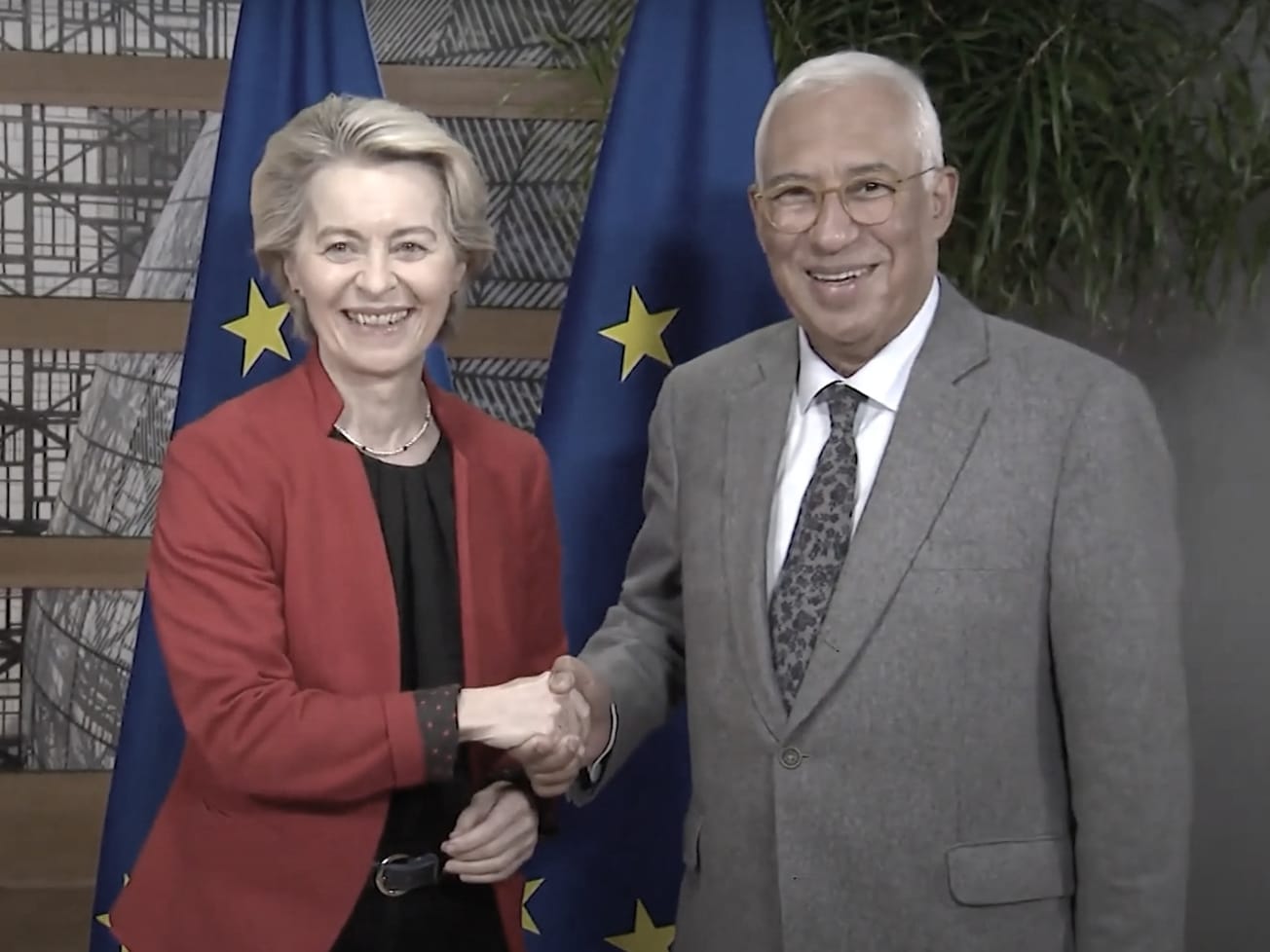BRUSSELS (AN) — The International Court of Justice ordered Israel to "immediately halt" its offensive in the southern Gaza city of Rafah, ruling the evidence shows that Palestinians could face "physical destruction."
In its ruling on Friday, the court, which previously refrained from interfering in Israel's military operations, found the escalation of the humanitarian crisis since the May 7 start of the offensive on Rafah, the last city in Gaza with functional civilian infrastructure, warranted ICJ intervention.









